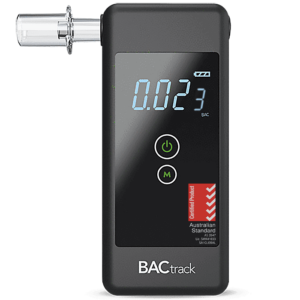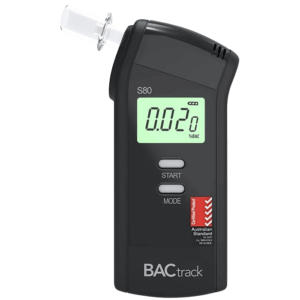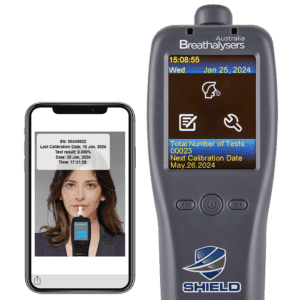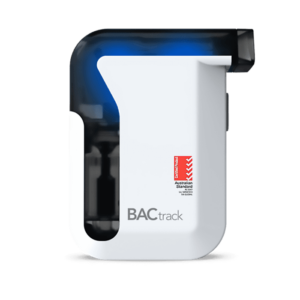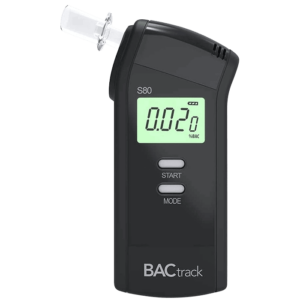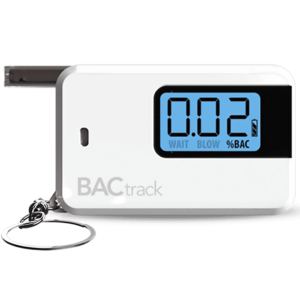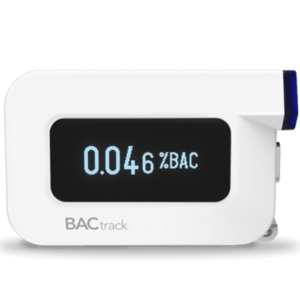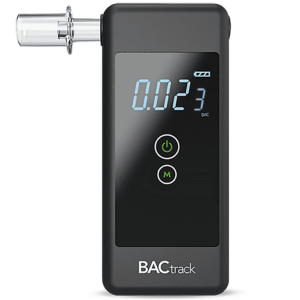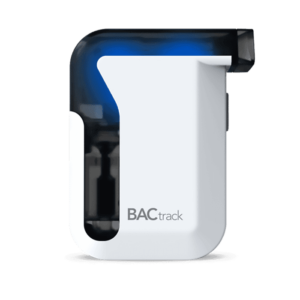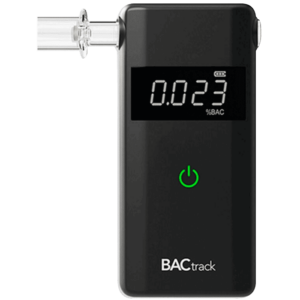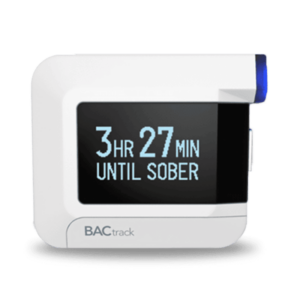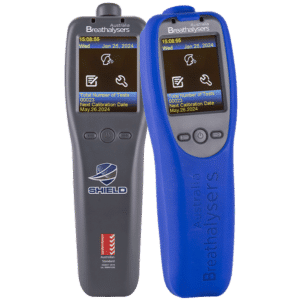Worksafe Drug and Alcohol Policy NZ Review
17 August, 2023

In New Zealand, workplace safety, especially in high-risk industries, is of utmost importance. Employers have the responsibility to provide a safe working environment for their employees. The Worksafe Drug and Alcohol Policy in NZ is one of the important components in safeguarding the safety and well-being of employees. It is a set of procedures to help employers manage the risks associated with drug and alcohol misuse. It also includes the implementation of drug and alcohol testing.
Drug and alcohol use are prevalent in many industries. It brings detrimental impacts on workplace safety, particularly contributing to accidents and severe injuries. These incidents disrupt work operations, affect productivity, and result in high costs. Therefore, many companies consider establishing a drug and alcohol policy for their workplace. This article will review policy guides of Worksafe and how they may help various organisations. Employers who want to manage safety risks may benefit from this guide.
An Overview of Worksafe Drug and Alcohol Policy NZ
The Worksafe Drug and Alcohol Policy in NZ provides an outline of the necessary information to include in developing an effective safety program. It aims to minimise the risks associated with alcohol and illegal drugs. These substances can impair a person’s ability to think clearly and perform tasks properly. Thus, these may lead to accidents and injuries.
The policy enables employers to set clear guidelines for testing, such as pre-employment, post-incident, and random testing. These measures help manage the hazards and effects of alcohol and drug-related issues in the workplace. Employees must know the situations or reasons that warrant the test. Additionally, it should specify the drug testing methods, such as urine, oral fluid, breath, and blood testing.
Moreover, it covers other essential areas, including training for supervisors or managers, disciplinary actions, and support for individuals with addiction problems. Emphasising education and awareness about the impacts of drugs and alcohol helps employees become more responsible for their habits and actions. With a comprehensive policy in place, organisations will have a better chance of preventing and managing safety risks.
Key Points in Their Policy
- Goals and objectives: the purpose of implementing drug and alcohol tests.
- Scope: the coverage and extent to whom the policies apply.
- Responsibilities: outline the expectations of both employees and management in complying with the policy.
- Testing procedures: standard protocols in implementing the tests in various scenarios.
- Training for supervisors: identify signs of impairment and how to deal with intoxicated workers.
- Confidentiality: dealing with employees who have positive test results with sensitivity and caution.
- Disciplinary actions: the consequences a person faces after a positive test result. It typically includes suspension and termination.
- Support: providing assistance and professional advice for individuals with drug and alcohol addiction.
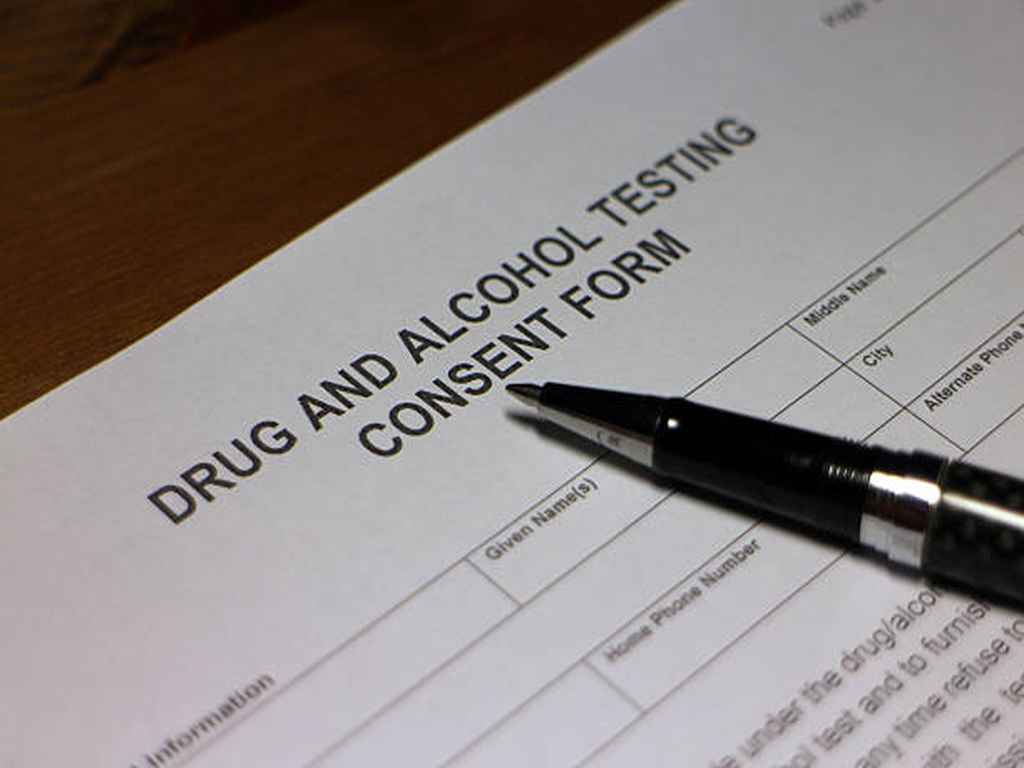
Worksafe Drug and Alcohol Policy NZ: Federal Laws and Regulations
Organisations that are concerned with safety should consider having a workplace drug and alcohol policy in place. The Worksafe Drug and Alcohol Policy in NZ offers an ideal outline for employers to develop a comprehensive safety program. It encourages employees to be more responsible for their actions while protecting them against any form of discrimination or abuse.
Worksafe NZ adheres to federal laws and regulations regarding the use of controlled substances. It helps in developing and enforcing guidelines and procedures for workplace testing. Its focus is to promote better health and safety practices for all employees. Therefore, companies setting up a drug and alcohol policy template may refer to the applicable legislation.
If misuse of alcohol and drugs has previously affected the business, employees, or customers, it is advisable to establish a policy to avoid legal risks. Furthermore, the conditions of the policies may depend on the nature of the industry, safety requirements, and the size of the organisation. With this, organisations can reduce the safety issues associated with the use of illegal substances and alcohol.
Other Laws Impacting Drugs and Alcohol in the Workplace
Employers must also look at various laws impacting the use of drugs and alcohol in the workplace. One such law is the Misuse of Drugs Act 1975. It prohibits the illegal use, possession, and supply of controlled drugs. It also classifies substances based on their projected risks or harm.
Employers should also be aware of the Privacy Act 1993. It restricts organisations from disclosing personal information, such as medical and drug test results, without permission or valid reason. Finally, the Employment Relations Act 2000 stipulates that employers may undertake testing if necessary to protect the safety of employees.

Worksafe Drug and Alcohol Policy NZ: The New Zealand Health & Safety at Work Act 2015
The Worksafe Drug and Alcohol Policy in NZ is governed by the Health & Safety Work Act 2015 (HSW Act). It is the primary legislation that sets out the legal framework for managing drug and alcohol-related risks in the workplace. This act aims to ensure the well-being of workers by taking all practicable steps to eliminate or reduce all preventable hazards.
All organisations or Person Conducting a Business or Undertaking (PCBU) must adhere to the HSW Act. It requires employers to have procedures to maintain a safe work environment. It also indicates the expectations and obligations of the management and workers regarding safe practices. Additionally, it details the consequences of positive test results.
Negligence or failure to comply may lead to legal penalties, especially in the event of an accident. Furthermore, a workplace policy must also be tailored to the specific needs and testing requirements of the company. It is advisable to continually update the policy in response to the changing situations and industry standards.
Employer & Employee Obligations
Under the HSW Act, employers and employees share the responsibility of keeping the workplace hazard-free. For employers, they may conduct regular drug and alcohol testing to monitor impaired employees. They must also utilise reliable testing services or devices to ascertain the accuracy and reliability of the test results.
Meanwhile, employees should adhere to the policy and refrain from performing tasks while impaired. It includes not going to work with drug and alcohol content in the body. They are also expected to report dangerous behaviours among their colleagues to the management. Individuals found to have violated the policy may be subjected to disciplinary actions.
Conclusion
The Worksafe Drug and Alcohol Policy in NZ is designed to protect workers from health and safety hazards related to drugs and alcohol. Employers must ensure that their drug policies comply with applicable laws and regulations. The Health & Safety Work Act governs workplaces to take proactive measures to eliminate potential hazards. Therefore, it reduces the risk of incurring legal penalties due to negligence or non-compliance. Companies consult health and safety representatives for the best advice.
Additionally, employers and employees must share the obligation to ensure a safe workplace environment. This includes consistent drug and alcohol testing and training programs. These tests are done under reasonable grounds to protect workers and prevent any workplace accidents. Finally, employers offer support through an Employee Assistance Program (EAP) for individuals struggling with substance abuse. Therefore, safety procedures must align with state laws for effective alcohol and drug risk management.


















